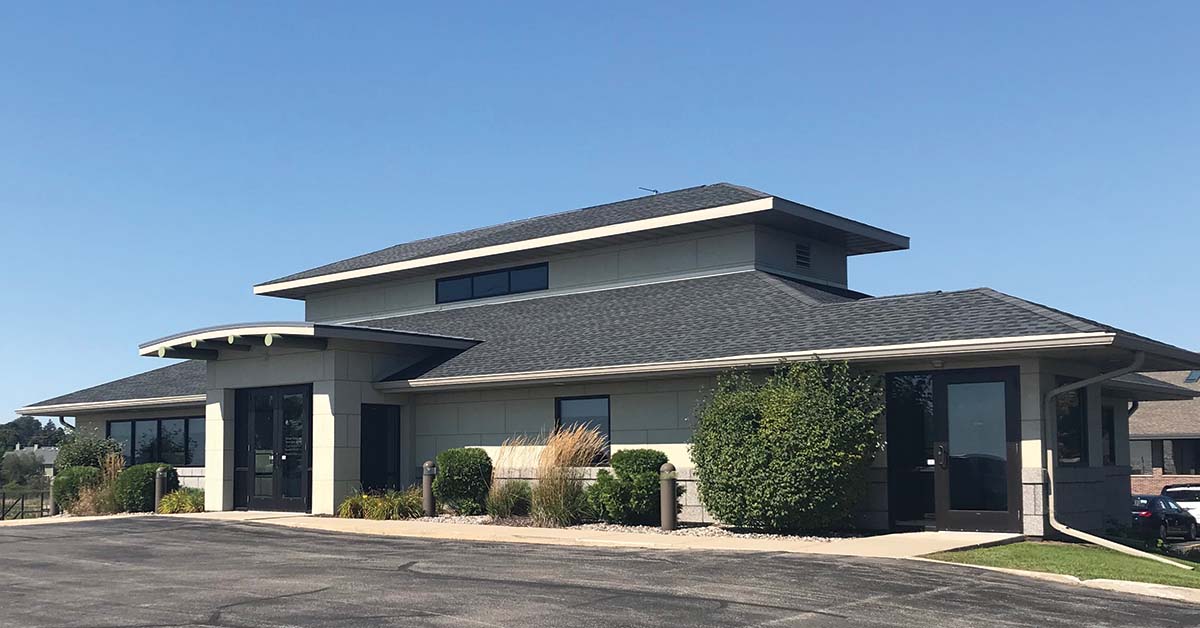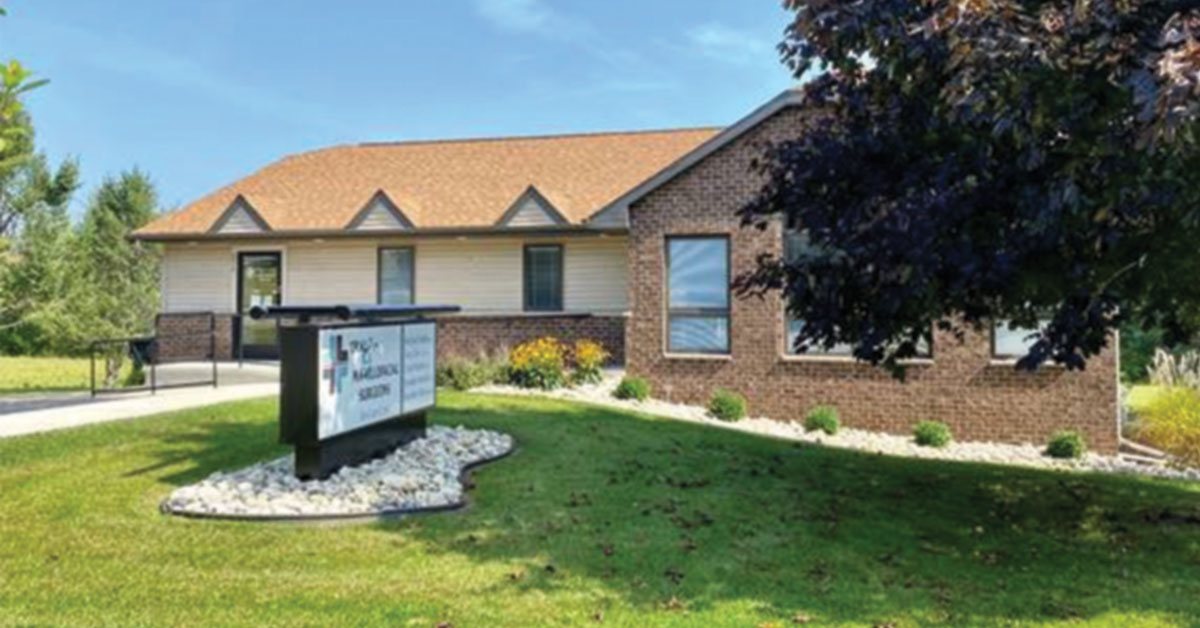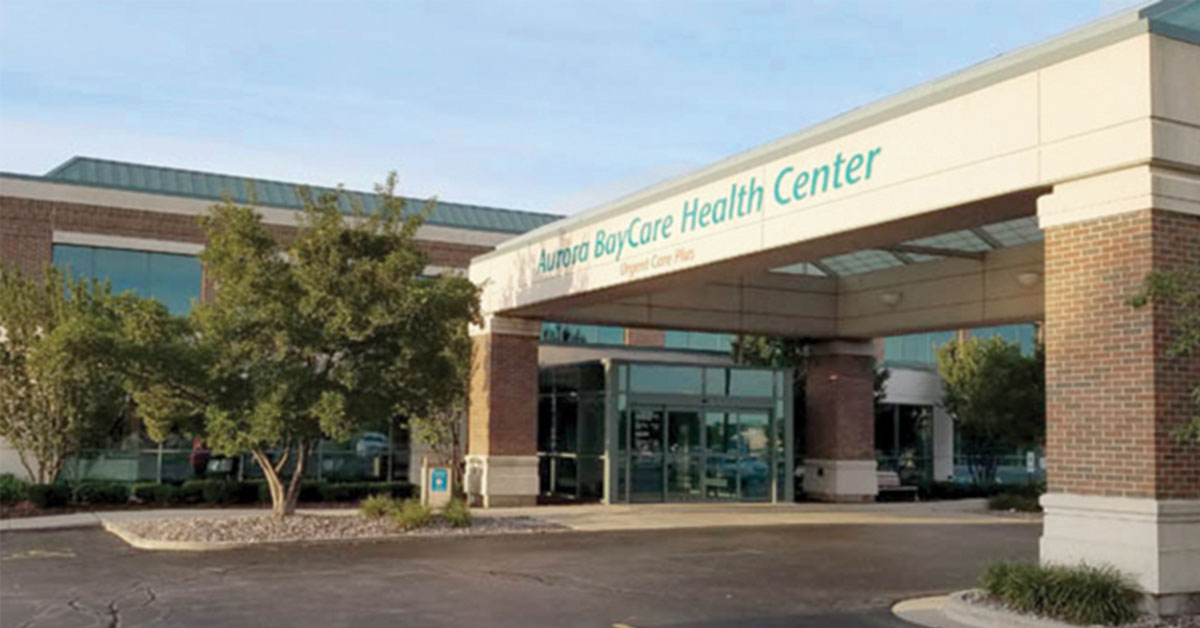What is the TMJ?
The temporomandibular joint, or TMJ, is the joint responsible for the movement of the lower jaw. It allows us to open and close our mouths. When it works normally, it allows us to talk and chew food.
However, the TMJ can be affected by conditions that cause problems and discomfort in daily life.
How are TMJ problems treated?
Temporomandibular disorders, or TMD, occur when the lower jaw’s motion is not working properly. TMD can be caused by muscle problems, systemic diseases or structural changes in the joint.
Discomfort is the most common symptom of TMD. Other symptoms include clicking, popping or grating sounds in the jaw joint, locking of the jaw, headaches and swelling of the side of the face.
Many TMD issues can be treated with conservative, nonsurgical therapies. They include splints, physical therapy, Botox injections, medications, a soft diet and/or stopping bad TMJ habits.
Some TMD issues require surgery on the TMJ. Surgery is usually considered only after several weeks of conservative therapies have failed.
How do I know if I need corrective jaw surgery?
People that may benefit from corrective jaw surgery include those with an improper bite resulting from misaligned teeth and/or jaws. In some cases, the upper and lower jaws may grow at different rates or an injury may also affect jaw alignment.
Other conditions include: receding chin, protruding jaw, unbalanced facial appearance from the front, excessive wear of teeth and other issues. It is important to understand that your treatment, which will probably include orthodontics before and after surgery, may take several years to complete.



